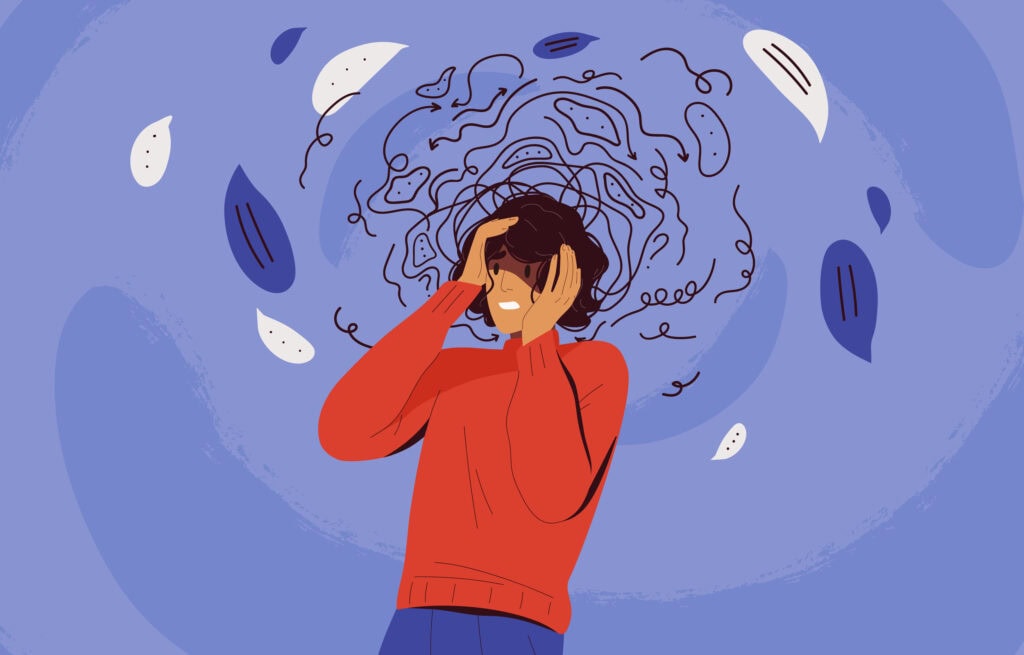I figured since Digital Marketing News is off this week for Thanksgiving, I’d share a little about something for which I am profoundly thankful – a free and open internet.
Last week, Mignon Clyburn the FCC Commissioner participated in a Reddit AMA (ask me anything) and while I personally feel most people’s minds were made up before they ever asked a question or got a response, we at Yoko Co have been asked about our stance on net neutrality many times, and I thought I would share the letter I sent to Mignon which outlines our thoughts on net neutrality and the reasons supporting those thoughts.
Hi Mignon,
I wanted to say thank you for taking time out of your day to do the reddit AMA today. It is nice to see decision makers and influencers interact with the public through these various forums to recognize the wide range of views people have on this subject. I was surprised how many questions there were, and how many people seemed outright negative from the get-go. Thanks for hearing them out, and sharing your point of view.I appreciate your opinion, and wanted to take a moment to share mine as well. While a Title 2 reclassification certainly doesn’t fix everything, I do think it puts the FCC in a position to ensure, and enforce, that we do have an open internet.With today’s websites and mobile apps a delay of as little as a quarter of a second can determine if a user adopts and continues to interact with a site or app, or chooses a competitor. While yes, we are currently looking to enforce higher minimum download speeds across the board, it is highly unlikely this limit will be updated to keep up with the advances in technology. And it is the comparative difference in response speed that can have such a dramatic impact on usability, user trends, app or site adoption and ultimately growth of entire businesses and innovative technologies.Many of the services growing quickly today are referred to as disruptive technology, insomuch that they change the way business is done within an industry. Great examples are Uber, GitHub, Netflix, Spotify, Dropbox and even Tesla and SpaceX. These innovative companies have contributed greatly to the economy of the United States.Without equal access to consumers, as far as the speed of the interaction, many of these companies may have never come to be. For example, if at the same time Netflix was gaining traction, what if Comcast noticed it and came out with it’s own version of the service? For example’s sake we’ll call it Comflix. By accelerating their own traffic to Comflix, they provide a faster experience, and for that reason alone would drive substantially more traffic to their own property than Netflix. As Netflix fails to compete in terms of audience share, they lose ground on the revenue front and thereby the ability to reinvest in their business. Perhaps at this point they give in and pay for higher speed access to Comcast subscribers. If Comcast agrees, and there would be a world of hassle trying to enforce that, Comflix could suddenly drop their price and squeeze Netflix out. By not carrying the additional overhead for the faster connection, they can effectively wait Netflix out as they continue to gain marketshare that Netflix can’t on the basis of price. Netflix dies and Comflix lives.One might argue “who cares?” both are US companies, and the end benefit to the country, and it’s citizens, may be the same. There are a number of arguments that could assail that position, but the point that I believe best makes the case is the end impact a culture of stifled innovation would have on the country as a whole. A company as large as Comcast moves more slowly, and therefore cannot innovate or adapt as quickly. The Netflix vs Comflix battle ends in Comflix essentially owning the market. Free of viable competition, and secure in the knowledge that they can create a disproportionate user experience as they control the speed of the connection, they are untouchable. The saying is “Competition breeds excellence,” but with no competitors, the result will be only complacency.This process may repeat with a myriad of different potentially disruptive technologies. Unable to gain access to a level playing field, America’s greatest technological and innovative minds may be lured to other countries where a level playing field is available. A place where their ideas have an equal chance to take root and bloom without being choked out by the parasitic vines of the ISPs – of which much of the US’ infrastructure consists.This example doesn’t begin to take into consideration the millions of small businesses which use their website as one of their key platforms for communication. These businesses could be immediately dragged into a PPC-like bid-for-top-performance market in which they are forced to compete, paying top dollar simply to have equally competitive access to potential consumers. Larger businesses that can afford to pay more for faster access can drive up the cost of access and apply this pressure on their smaller competitors, forcing them into closure, or buying them out inexpensively, and further their own placement atop the high speed access within their industry.It is for this reason that I implore you to take as active a role as you can in ensuring broadband internet providers are reclassified as a telecommunications service via Title 2 reclassification. It is a decision that will impact our country, and our children, for generations to come. Please continue to support an open and accessible internet.Thank you for your time and service,Chris Yoko
Happy Thanksgiving!!
Latest Posts
Mobile Experience Tips for Animal Welfare Organizations
For animal welfare organizations, connecting animals with their forever homes is at the heart…
Keep ReadingDigital Resilience in Uncertain Times: Building Crisis-Ready Websites
If we’ve learned anything from the past few years, it’s that disruptions can happen…
Keep ReadingBeyond Compliance: Why Accessible Websites Still Fail Users
When it comes to accessibility, focusing solely on compliance means you’re probably missing out…
Keep Reading


